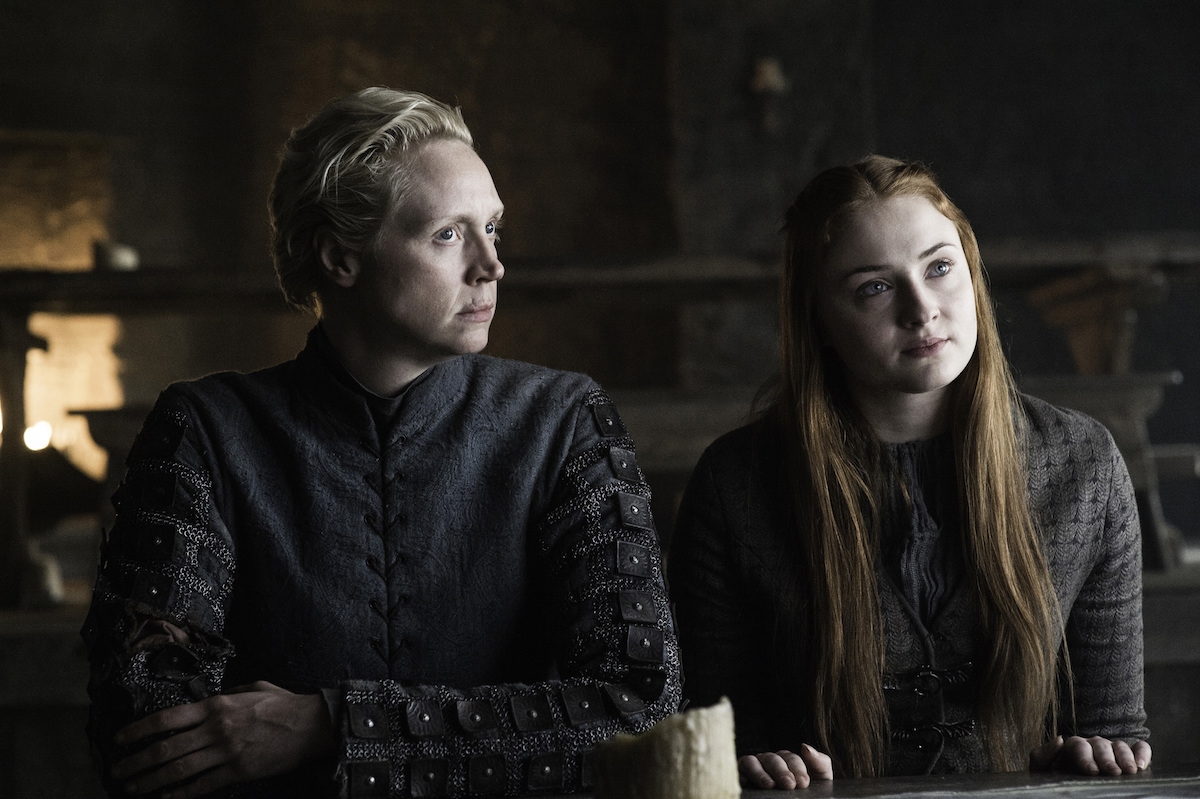
Contains very minor spoilers for Game of Thrones Season 6, Episode 5
On Sunday night’s episode of Game of Thrones, sworn oaths set the stage for several new plot lines. Commanded by his queen, Ser Jorah Mormont goes to seek a cure for grayscale. Meanwhile, against her intuition, Brienne of Tarth plans to follow Sansa’s order to muster support from the Tully family. In both cases—especially Brienne’s—the knightly promise to follow orders will take them away from the places they’d rather be. Even if they disagree with what they’re told to do, they’re stuck.
But is that how being a knight really worked?
Though the HBO show and the George R.R. Martin novels on which it’s based have a strong record of making good use of real history, especially medieval European history, this is one case in which the reality doesn’t quite match up with the fiction.
“An oath does not equal ‘do whatever they say,'” explains Constance Brittain Bouchard, an expert in medieval Europe and the author of Knights in History and Legend.
Get your history fix in one place: sign up for the weekly TIME History newsletter
One complicating factor is that “knight” doesn’t mean just one thing. The original knights of the 11th century were essentially “henchmen on horseback,” says Bouchard, but in the 12th and 13th centuries noblemen joined the ranks of those “service knights.” Being a knight was considered a high-ranking and admirable position, and even kings could serve. In exchange for promising to show up and fight when needed, those knights would be given property and authority. The system originated when castles began appearing in Europe around the year 1000, when it became necessary for their owners to find trustworthy people to hold down the fort—literally—when they were away. (Trust the wrong person and you might come home to find the locks have changed. Make the person swear an oath and your chances are slightly better.)
For service knights, who usually depended on their lords and ladies for their position in the world, the consequences of disobeying an order could be harsh. But for the grander types of knight—like Brienne and Jorah, who both belong to noble families—there was no enforcement mechanism beyond how seriously one took one’s own oath. (“It’s not like the military where you can be court martialed,” Bouchard says.) And even if one took one’s oath very seriously, knights did question the orders they received, particularly if they saw the request as immoral. In fact, that narrative was a common one in real medieval literature about knights.
“People would be conflicted about what they’re supposed to do,” Bouchard says.”It makes a great story now and it made a great story in the 12th century.”
MORE: Game of Thrones and the True History of Dragons
This means that the Game of Thrones character whose understanding of that system most matches the real medieval European view of knights is Sansa—not in commanding Brienne to deliver her message, but in her belief that the families that have sworn allegiance to the Starks will show up to fight. That kind of oath, the promise to show up when needed and not to turn against the commander, was a key element in the knighthood system.
“It was the not turning against them that was really important,” Bouchard says. “The obeying of every order was less of a thing.”
MORE: The True History Behind Ramsay Bolton’s Shocking Move on Game of Thrones
Sansa’s taking charge is also historically feasible: because men were often away from a castle, it was frequently the case that a woman would be running the defense operation and making requests from knights. It’s less likely that a woman would have been a knight (though there were exceptions), mostly because it took a lifetime of training to be able to ride under the weight of a full suit of armor—it wasn’t something you could just pick up as an adult—and small girls didn’t receive that training.
Then again, for some women, strength might not be an issue: “Somebody like Brienne,” Bouchard jokes, “could have become a knight.”
More Must-Reads From TIME
- The 100 Most Influential People of 2024
- The Revolution of Yulia Navalnaya
- 6 Compliments That Land Every Time
- What's the Deal With the Bitcoin Halving?
- If You're Dating Right Now , You're Brave: Column
- The AI That Could Heal a Divided Internet
- Fallout Is a Brilliant Model for the Future of Video Game Adaptations
- Want Weekly Recs on What to Watch, Read, and More? Sign Up for Worth Your Time
Write to Lily Rothman at lily.rothman@time.com